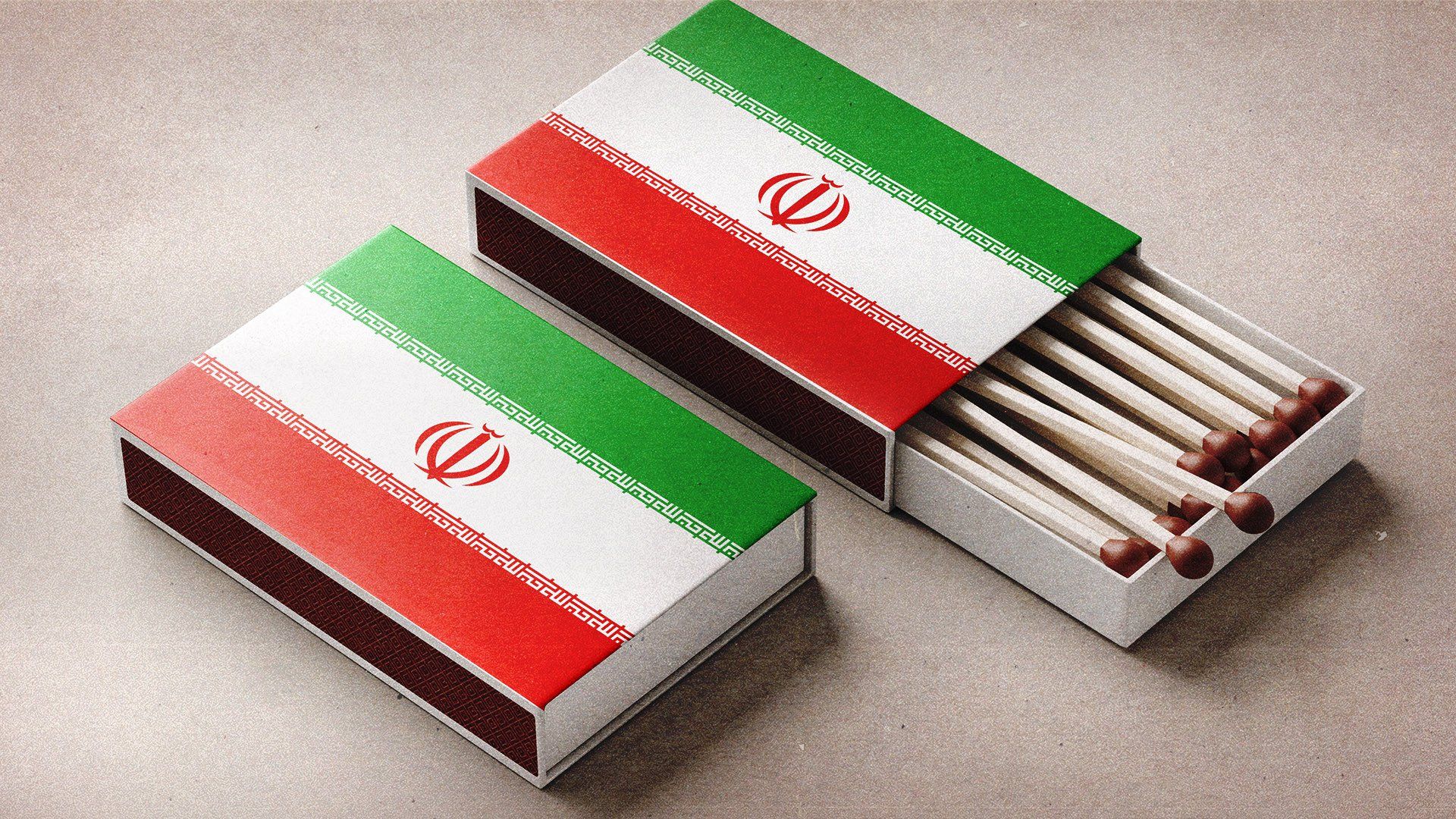It’s impossible to predict when and where a wildfire will begin, but it’s easy to know when the ground is dry. In today’s Iran, the ground is ominously dry.
On the surface, social tensions have subsided since the height of nationwide protests over last autumn’s death in police custody of Mahsa Amini, who had been arrested for violating rules governing the hijab, or headscarf, which Iranian women are required to wear in public. A combination of mass arrests and executions, some of them public, have moved most protesters off the streets in recent weeks.
But Iran’s conservative government now sees that it’s much easier to use tried-and-true methods to beat back demonstrators than to force all women and girls to wear the hijab in public. After all, many are simply ignoring the rules.
So, authorities have authored a new law and are using new tactics. Women who flout the state’s dress code can be kept out of school and denied services. Businesses that welcome them can be fined or shut down. Last month, cameras were installed in many city streets to boost enforcement. The next ugly confrontation ending in violence and public fury is all but inevitable.
Public frustration in Iran extends well beyond a repressive dress code. Adding fuel to the Mahsa Amini protests is an economy in terrible shape, thanks in part to Western sanctions and partly to Iran’s own policy incompetence. Inflation is probably still running well above 40%, though Iran’s government stopped publishing inflation stats two months ago. Iran’s currency is now at a record low against the dollar. The unemployment rate tops 10%. A return to the nuclear deal could slowly lift US and European sanctions, but Iran’s willingness to supply Russia’s military with drones used to attack Ukraine signals its government’s determination to reject Western terms.
If you live in Iran, it’s natural to wonder whether change is even possible. The economy has limped along for decades. The cycle of protest and repression continues. The choices available to Iran’s voters narrow further at each election.
Yet, with each passing year, the percentage of Iranians old enough to remember the 1979 Islamic Revolution and the forces that inspired it grows smaller. And each passing year brings Iran closer to the day when current Supreme Leader Ayatollah Ali Khamenei, an 84-year-old cancer survivor sometimes rumored to be in poor health, will die. Only once has supreme power passed from one set of hands to another in the Islamic Republic’s history – and that was 34 years ago. Everyone with access to power and wealth within the regime must wonder what succession means for their futures and their families, and they must live with uncertainty.
With all these anxieties in mind, further disruption appears unavoidable.Open defiance will again meet determined repression. The Islamic Republic’s elite don’t want to back down on headscarves, and they fear, perhaps rightly, that concessions in one area would only ignite public demand for more. But the ground in Iran is dry, and the striking of matches there should have the world’s attention.